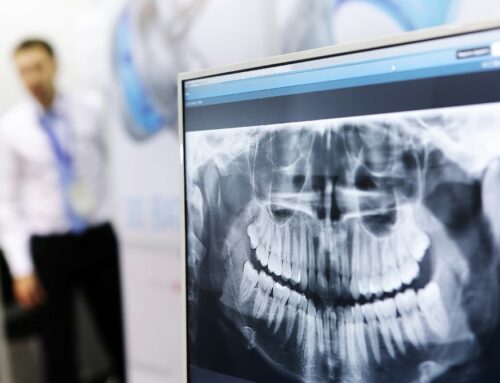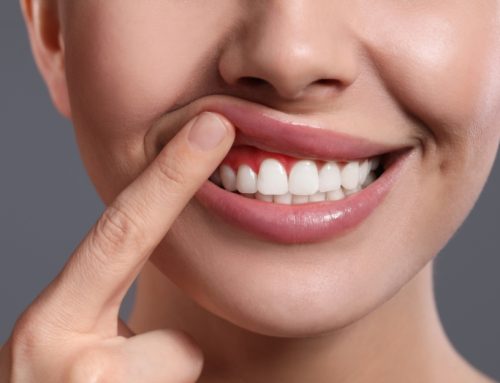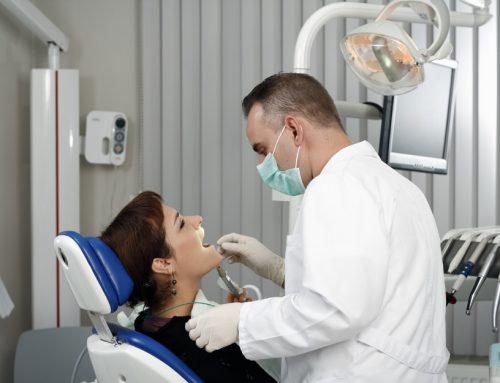Winter is here again, bringing cold weather, grey skies, and of course, snow. For some, winter signals time to stay inside with warm pyjamas, fleece sheets, and hot chocolate, along with a good book or movie. For many others, however, winter is a time to get outside and enjoy their favourite winter activities.
Winter does bring its own challenges, however, and injuries are unfortunately common. Slips and falls happen on icy surfaces, snowball fights break out, and someone somewhere is bound to test whether their tongue will stick to a metal pole.
Then there are the winter sports, both team and individual, with their devoted practitioners. Winter wouldn’t be the same without them, but every year winter sports lead to injuries, including serious dental injuries which could need immediate care. Some activities that could result in injury include:
- Sledding. While this is not a high-contact sport, it involves high speed and limited control. Sledders could fall from their sled or lose control and hit either another sledder or some other object.
- Skiing and Snowboarding. High speed is also a part of skiing and snowboarding. Both sports come with a moderate risk of injury that increases as one attempts various airborne stunts or to push for ever-greater speeds. Falls and collisions can lead to serious injuries to body and teeth alike.
- Hockey. The quintessential Canadian winter sport, hockey sees its share of injuries. There’s a reason why cartoon hockey players are often portrayed with black holes where teeth should be. Flying pucks, elbows, and occasionally fists can all find their way to an unfortunate victim’s mouth, chipping or even completely removing teeth.
- Skating. While less aggressive than hockey and generally slower than sledding or skiing, skating does involve a moderate level of speed, and those new to the sport will find the ice unforgiving of their lack of balance. Even once a skater is comfortable on the ice, the occasional bump or divot can lay them low, as can the toe picks on figure skates.

These are possibly the most common sources of injury, but several winter activities can result in one or more damaged teeth. Preventing these injuries is obviously preferable to treating them after they occur. For this reason, mouthguards are advisable when taking part in any winter sport or activity that could result in injury and they generally come in three varieties:
- Over-the-counter mouthguards are ready-made, in pre-formed sizes. They can be found in drug stores and anywhere you buy sporting goods. These are not the most comfortable, but they are readily available.
- Boil and Bite mouthguards are placed in hot water to soften them. You then bite down on them to shape them to your teeth.
- Custom mouthguards are made-specifically for you, designed to fit your individual mouth and teeth. These are the type for you if you have braces. Being tailor-made, they are more comfortable in addition to being more durable.
Despite all precautions, however, accidents will still occur. Aside from the pain of the injury, you might be concerned about the impact an injury will have upon your appearance. But no need to worry, as modern techniques allow for the repair of cracked, chipped, and broken teeth. Even if you have lost the tooth completely, it can be replaced so that your smile is the same as before with cosmetic dentistry.
These accidents often occur during winter vacation, which can prove stressful, but you needn’t cancel any plans, as emergency dental care is often covered by your general dental or health insurance. Don’t let fear over the expense of repair keep your from seeking treatment. Waiting to repair a crack or chip only gives the problem time to worsen, likely causing even more expense and other complications.
Winter is a time for fun and outdoor play, but always remember to protect your teeth from the unique dangers the season brings. A mouthguard may feel strange in your mouth at first, but it’s certainly more comfortable than broken teeth.
Ask us about payment plans when you call, or during your treatment plan consultation. Schedule your next appointment at Pier Dental Centre today!





